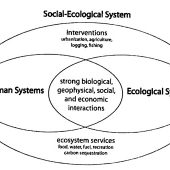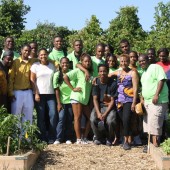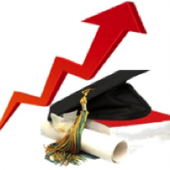
Breaking though to millennials in the classroom is becoming an important objective for all educators. These students demand more from their learning experiences and many traditional education techniques are often ineffective. One technique that holds potential is “Flip” education, a unique active learning approach. Although Flip is normally associated with the hard sciences, this paper presents a case study that demonstrates its effectiveness in the social sciences, specifically an upper division undergraduate environmental/sustainability planning class. Two important takeaways from this study include: 1) that teaching must be more student-centered, allowing students to take more control of their own education as assigned material be available before the fixed class time so as to allow class time for more active learning; and 2) Students report improved learning when Flip experiential methods are used in conjunction with some form of standard professor lectures.
Continue ReadingThe “Whole Earth Catalog” (1968-1972) featured a collection of creative ideas, articles, and durable, practical tools promoted from a utilitarian, environmentally conscious, and intellectual perspective. The wisdom inherent in the catalog may be of value to education today, as we seek innovative, timeless, and empowering technologies to promote sustained learning for all. This purpose of this article is to position the discussion of sustainable educational technology tools for 21st Century education within the context of the “Whole Earth” standards: 1) High quality at a reasonable cost, 2) Easily accessible, 3) Useful and relevant to independent or self education, and 4) Capable of launching a cascade of new opportunities.
Continue Reading
This case study describes the Cook County Green Corps program, a green job training program serving African American young adults from a low-income neighborhood. The program was implemented by an interdisciplinary organizing team to build knowledge, skills, and participation in sustainable jobs and urban agriculture among young adults. The trainees’ experience was documented by a program evaluation survey, environmental knowledge survey, and 1 year reflection interview. We summarize the experiential design, implementation and evaluation of the program. We discuss the limitations and the benefits of the program for trainees and the neighborhood. We share recommendations for future green job training programs that can best serve urban neighborhoods.
Continue Reading
PDF: Maragakis and van den Dobbelsteen Winter 2013 Abstract: The progress of sustainability within higher education has steadily increased in focus over the last decade and has increasingly become a topic of academic research. With various scholars, journals and conferences exclusively dealing with the subject, a wealth of literature has been produced on best practices, […]
Continue Reading